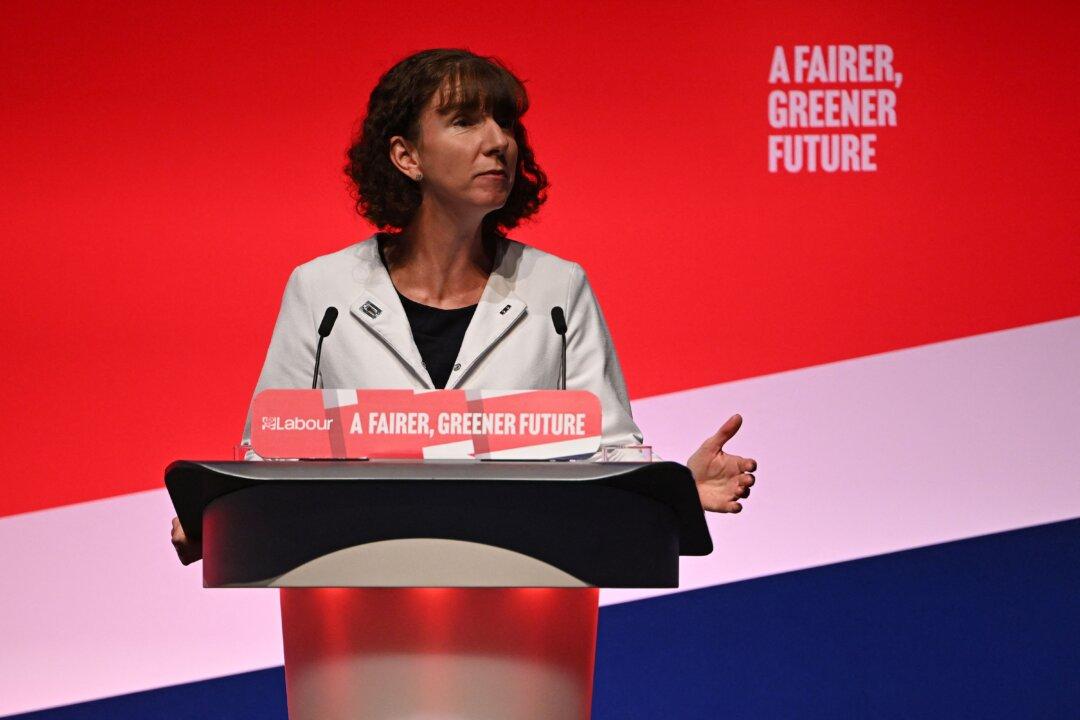Labour has vowed to make it easier for people to change their gender but has backed down on the idea of allowing self-identification without a medical diagnosis.
Writing in The Guardian, Labour Party chair and shadow equalities secretary Anneliese Dodds said her party “will modernise, simplify and reform the gender recognition law” and will “remove invasive bureaucracy and simplify the process.”





